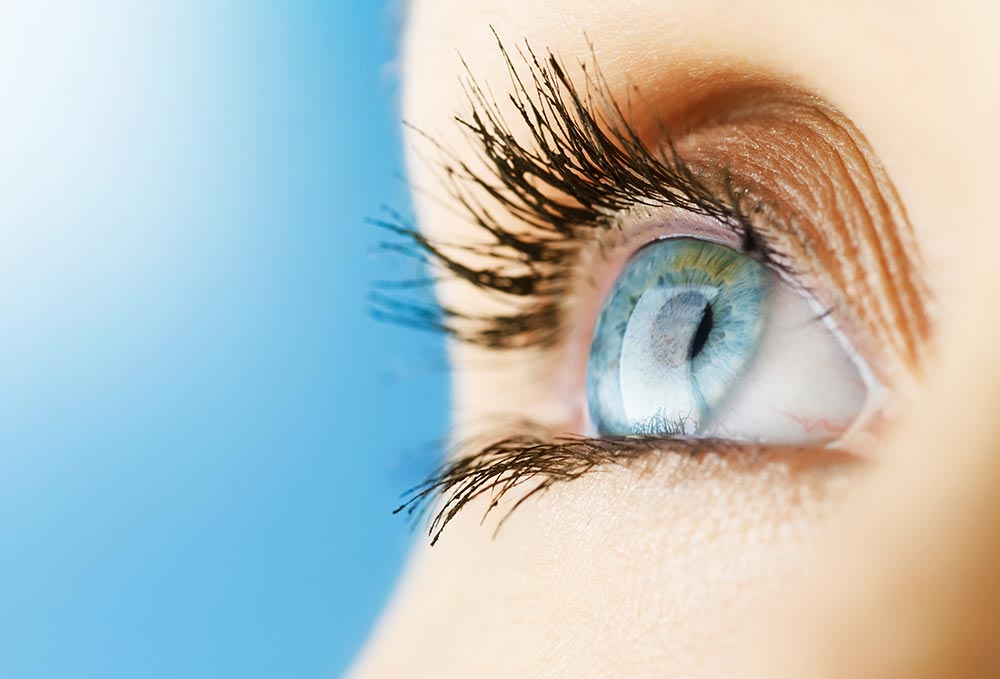Cataract Recovery
RECOVERY OF CATARACT EYE SURGERY?
Cataract is an eye condition characterized by the clouding of the eye’s natural lens, which cannot be remedied with corrective aids such as contact lenses or glasses. It is important to note that this surgical procedure will not reverse vision impairment caused by other eye conditions, such as diabetic retinopathy, age-related macular degeneration, or glaucoma.
Cataract surgery is a reliable and effective method to restore vision once cataracts have formed in one or both eyes. Typically performed on an outpatient basis, the actual procedure lasts less than 20 minutes, though you should anticipate spending about two-and-a-half hours in total at your ophthalmologist’s office. The recovery period for cataract surgery is generally short and uncomplicated, but individual experiences may vary. Most patients find it relatively easy to resume their normal activities after undergoing cataract removal surgery. Here’s what you need to know about the recovery process following cataract eye surgery:
WHEN YOU GET HOME
It’s common to feel fatigued after returning home from cataract surgery, so don’t hesitate to take a nap if you feel the need. While it’s generally fine to take off the protective shields a few hours after the procedure, it’s crucial to wear them while sleeping for at least the first week.
When you first remove the shields, you might notice blurry or distorted vision. Some patients report clear vision almost immediately, while others experience vision issues for up to a week. Additionally, it’s normal for eyes to appear bloodshot following cataract surgery, but this should improve within a few days. You might also feel a scratchy sensation in your eyes, but this should only be temporary.


THE FOLLOWING DAYS
You’ll likely have a follow-up visit with your eye surgeon within a day or two to ensure your recovery is on track. During this appointment, it’s important to discuss any unusual symptoms or concerns you might have. Don’t hesitate to ask questions or seek clarification if something isn’t clear.
You may be prescribed antibiotic eye drops to prevent infection, and your eye doctor might suggest taking an oral pain reliever with acetaminophen for a short period. If you have any questions, please feel free to reach out to us.
WHAT HAPPENS IF YOU HAVE CATARACTS IN BOTH EYES?
If cataracts affect both of your eyes, each eye will require individual surgery to ensure optimal recovery and minimize any potential complications. Following the procedure, you may experience temporary blurriness as your eyes adjust to the new lenses, particularly noticeable after the first surgery. Since your eyes collaborate to focus, they need time to synchronize post-surgery. However, the upside is that you can typically undergo the second surgery shortly after the first, sometimes within a few days.
In a small subset of cases, patients may develop a secondary cataract over time, characterized by cloudiness around the artificial lens due to scar tissue formation. Fortunately, this issue can be swiftly addressed with a minor outpatient procedure known as YAG laser capsulotomy, often performed in the convenience of an ophthalmologist’s office.